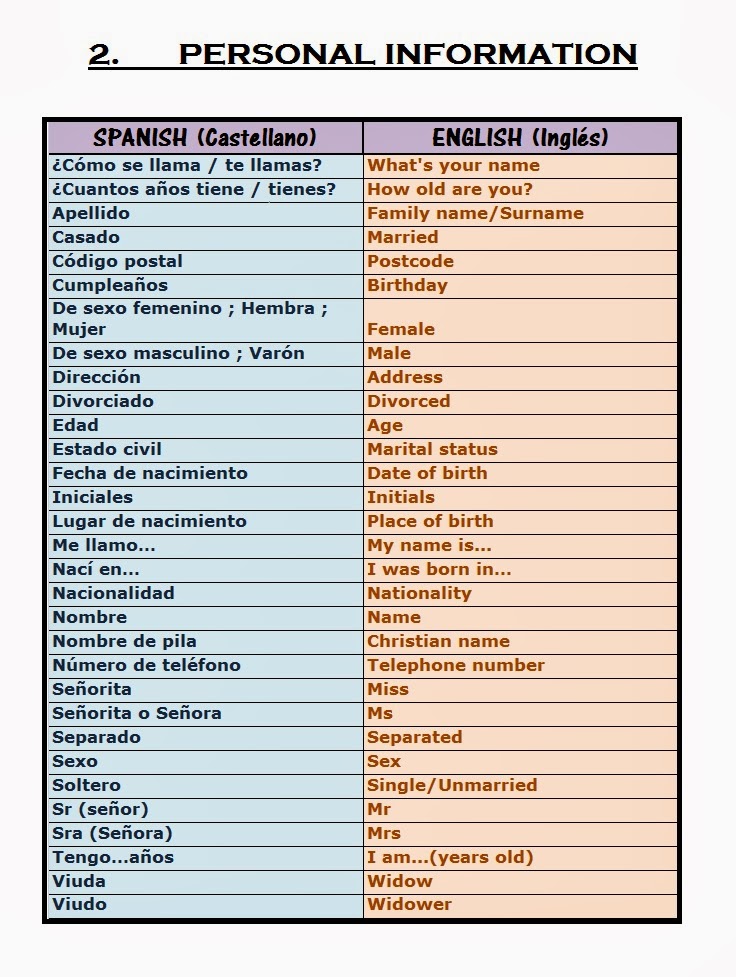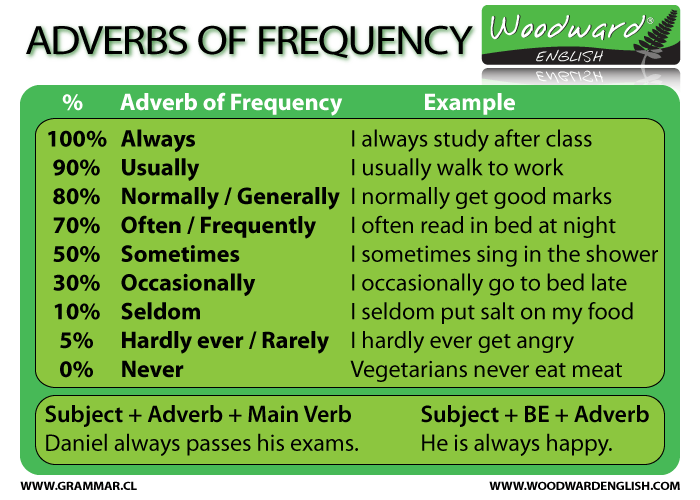Today we learn... "Vocabulary"
Hi my dear readers! As I promise you before, I return to the blog and specially the section "Today we learn..."
In this case, I prefer to introduce you some vocabulary that would be quite useful in a daily or current conversation. Before going further on the tenses and other matters of great importance, vocabulary plays a key role likewise in this case.
For making the task easier to remember, I'll categorize the vocabulary in different topics using different images (click each one for see better, or open them in a new window).
Hola mis queridos lectores! Tal como os prometí antes, regreso al blog y especialmente a la sección "Today we learn..."
En esta ocasión, prefiero proporcionar un poco de vocabulario que podría ser bastante útil en una corversación cotidiana o corriente. Antes de ir más allá en los tiempos verbales y otros asuntos de gran importancia, el vocabulario juega un papel clave igualmente.
Para hacer la tarea mas fácil de recordar, voy a clasificar el vocabulario en diferentes temas usando diferentes imágenes (Click en cada una para verlas mejor o abrirlas en una nueva ventana).





